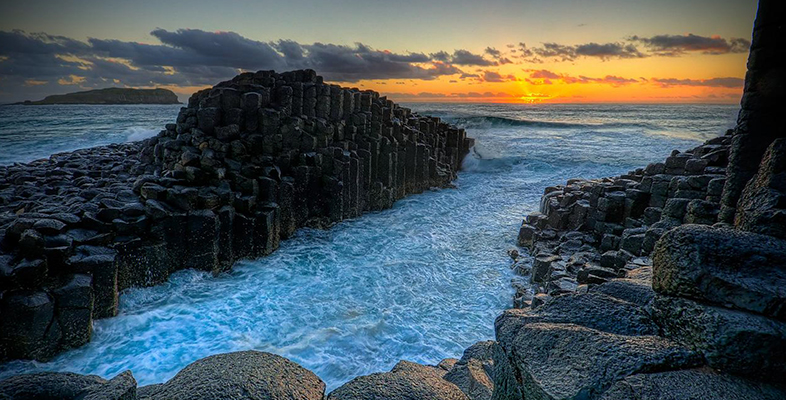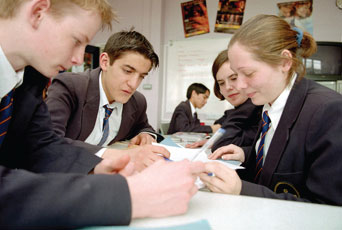1.1 Concepts in geography
Learning geography requires students to achieve ‘an understanding of geographical concepts and ideas. It is also about developing the intellectual structures which young people need to understand and process geographical information and progress in their learning’ (Geographical Association, 2014).
What is a geographical concept?
Geographers observe places, processes and objects and look for common features. The classification of these common features generates concepts that help us to structure our knowledge and understanding and to communicate these with others (Lambert and Balderstone, 2010, p. 46). If you think about geographical concepts, you can probably produce a long list of examples. They may be:
- abstract (e.g., erosion)
- concrete (e.g., beach)
- organisational (a way of linking the everyday to higher-level geographical ideas, such as interdependence)
- or belong to another category entirely (Brooks, 2013, pp. 76–80).
Like you, students will possess their own understanding of geographical concepts and their own lists. There is no one definitive list of concepts and no correct categorisation of concepts. However, thinking about the world we inhabit in terms of geographical concepts is how we learn in geography. This is explored in Activity 2, which outlines the thoughts of the Geographical Association (GA) about the nature of geographical concepts and their significance in promoting geographical learning.
Activity 2 Thinking geographically
Part 1
Read ‘Thinking geographically’ [Tip: hold Ctrl and click a link to open it in a new tab. (Hide tip)] (2012), a paper prepared by the Geographical Association.
Consider how the responses you had to the questions in Activity 1 relate to the ‘vocabulary’ and ‘grammar’ of the subject and other ideas presented in the paper.
Note the importance given to ‘context’ and ‘authenticity’.
- What does the reference on page 5 to ‘a curriculum … of “engagement” rather than one of “compliance”’ mean to you?
- How far do you agree that thinking geographically involves more than thinking about concepts in isolation?
- Do geographers need to adopt relational thinking as proposed by Jackson (p. 5) and Hanson (p. 6) in the Thinking Geographically paper? Justify your answer.
You will return to some of these issues in Sections 2 and 4.
Part 2
Explore the Geographical Association Think Piece, ‘Concepts in geography’. Pay particular attention to the sections:
- Which are the big concepts in geography?
- Is a division between substantive and second order concepts helpful?
Comment
Your ‘big concepts’ will differ from those of colleagues and students and may change over time. Distinguishing between substantive and second order concepts can help you to plan in the medium and long term and to generate enquiry questions as illustrated in Resource One of the Think Piece.
Lambert (2011) has suggested that geography teachers can usefully distinguish between:
- core knowledge (world knowledge or vocabulary of geography)
- content knowledge (key concepts or grammar of geography)
- procedural knowledge (thinking geographically and distinctly geographical approaches to learning such as enquiry).
Core knowledge or context is important but where ‘thinking geographically’ (using and linking concepts) is a learning outcome, students develop the structures and skills to progress their own learning. Rather than ‘covering’ the subject, teachers support young people to develop conceptual understanding to organise, link, interpret and question geographical content. Students can link everyday experience with higher-level geographical thinking, develop explanations and think abstractly. Their own experiences and out-of-school or informal learning can be valued and integrated into their formal, school-based learning. In these ways the ‘curriculum becomes one of “engagement” rather than one of “compliance”’ (Geographical Association, 2012). More on this in Section 2.

